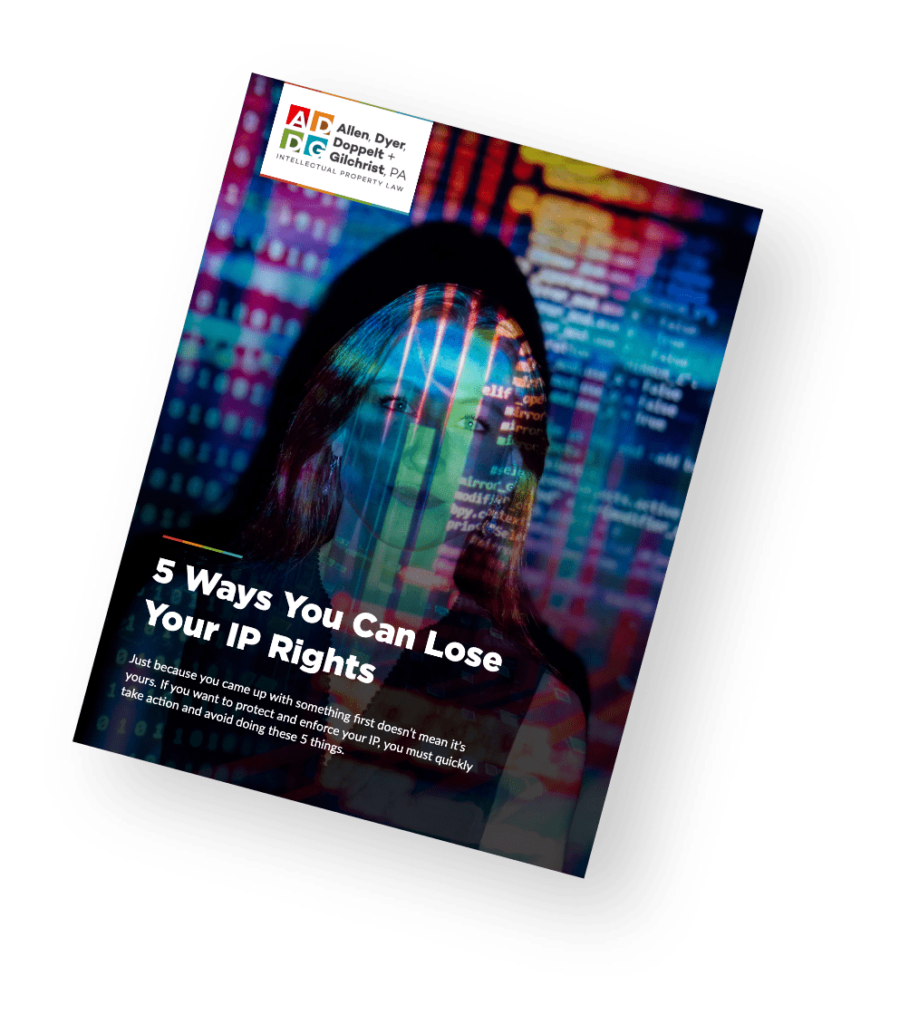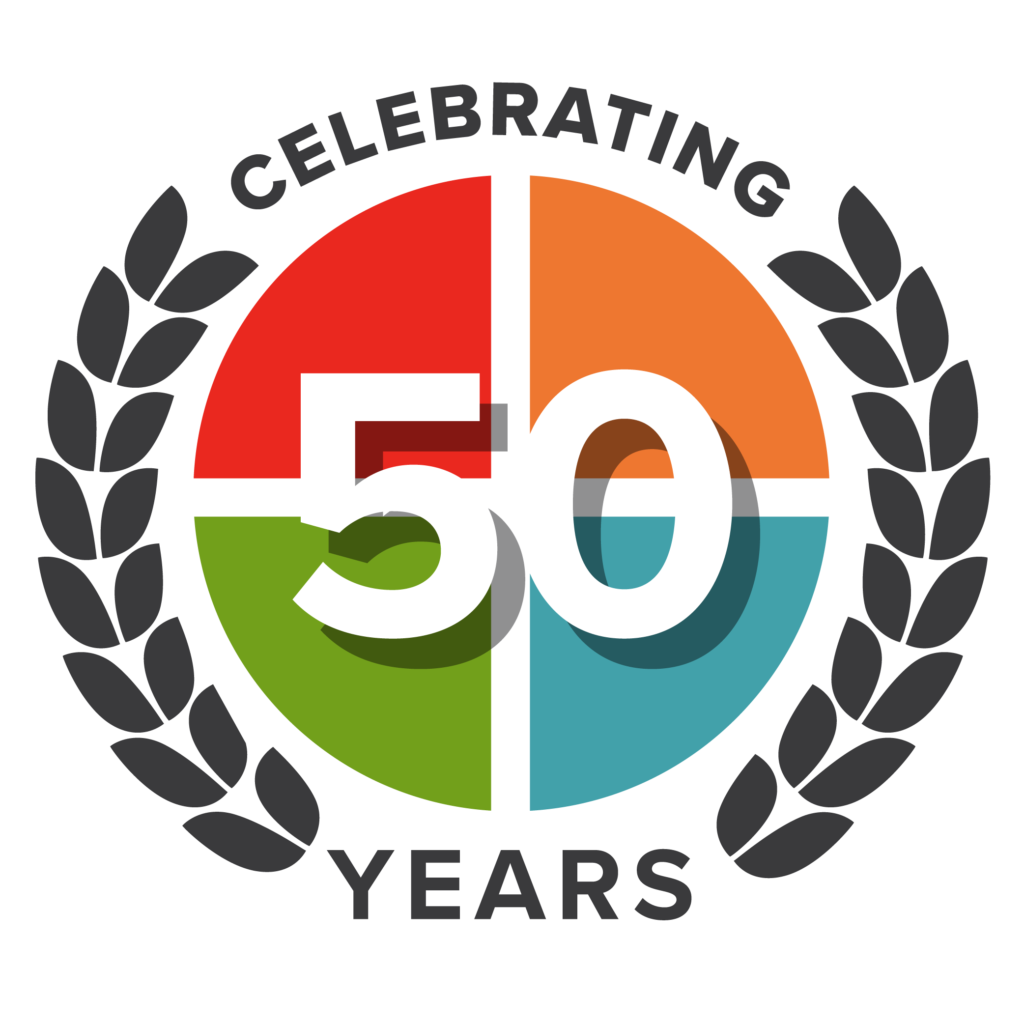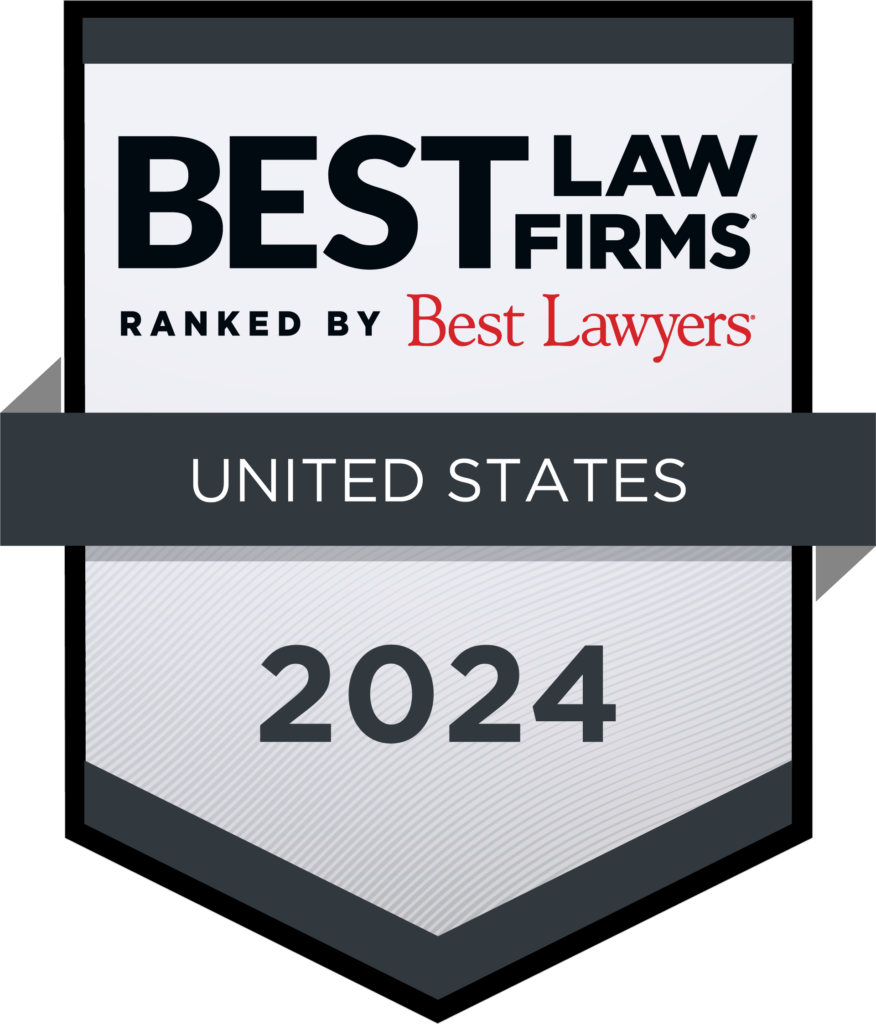In copyright law, what is known as “fair use” is an established legal doctrine that balances the interests of copyright owners with the public’s right to engage in activities such as criticism, commentary, satire, news reporting, teaching, scholarship, and research. This article will provide you with a basic understanding of fair use in copyright law, what does or does not constitute fair use under statute and legal precedence, and how courts typically apply the doctrine in real-world cases.
What Is Fair Use?
Fair use promotes freedom of expression by permitting the unlicensed use of copyright-protected works under particular circumstances. It serves as a defense for copyright infringement, meaning that the unauthorized use of copyrighted material may be excusable if it meets certain criteria. The concept of fair use is highly nuanced and is determined on a case-by-case basis, based on legal precedents dating back to the 19th century, and in the United States was codified in the 1976 Copyright Act.
4 Factors in Fair Use
The U.S. Copyright Act and other legal precedents provide a statutory framework for determining whether an instance of unlicensed use of copyrighted material is fair. It identifies four primary factors that must be considered in evaluating a question of fair use. These factors are not meant to be exclusive, and courts may consider other aspects of a case depending on the circumstances of an alleged infringement. The four factors are:
- Purpose and character of the use: such as whether the use is of a commercial nature or is for nonprofit educational purposes.
- Nature of the copyrighted use: considers the type of work being used, with more protection given to creative works than factual ones.
- Amount and substantiality of the portion used: looks at both the quantity and quality of the copyrighted material that was used.
- Effect of use upon the potential market for or value of the copyrighted work: assesses the impact of the use on the market for the original work.
The Purpose and Character of the Use
The first factor examines how the copyrighted work is being used. Courts are more likely to find that nonprofit educational and noncommercial uses of copyrighted works are fair. However, commercial uses are not automatically unfair; courts will balance the purpose and character of the use against other factors. So-called “transformative uses”, which add something new or do not substitute for the original use of the work, are more likely to be considered fair. This factor also considers whether the use is of a commercial nature or is for nonprofit educational purposes.
The Nature of the Copyrighted Work
This factor considers whether the copyrighted work is more creative or more factual. Creative works such as novels, movies, or songs receive more protection, while factual works, such as historical accounts and scientific works, receive less. The publication status of the copyrighted work also matters; using an unpublished work without permission is less likely to be considered fair. Another consideration may be the degree to which the work that was used relates to copyright’s purpose of encouraging creative expression.
The Amount Used
Courts also consider the quantity and quality of the copyrighted material used. If a large portion or majority of the copyrighted work is used, then it’s less likely to be considered fair use. However, even if a small amount is used, if that portion could be considered to lie at the heart of the work, that may weigh against a finding of fair use.
The Effect of the Use on the Market
The fourth factor involves the court examing whether the unlicensed use harms the existing or future market for the copyright owner’s original work, and to what extent. If the use affects the copyright owner’s current or potential market in any way, it will weigh against fair use.
Speak With An Intellectual Property Attorney Today
If you’re concerned about whether a particular use of a copyrighted work is fair, or believe that someone has made an unauthorized use of a copyrighted work in a manner that is not fair, consult an intellectual property attorney immediately. An experienced copyright lawyer can provide specific advice regarding fair use and help prevent infringement cases before they happen, whether of your own copyrighted material, or in case of your own fair use of IP belonging to someone else. They can help you understand the nuances of the factors involved in determining fair use and how they apply to your specific situation.
Contact us to schedule a consultation today!
About the Author
Matthew McKinney practices in all areas of intellectual property, representing a wide range of clients in connection with the acquisition, transfer, enforcement, and defense of their intellectual property rights.

Share This




